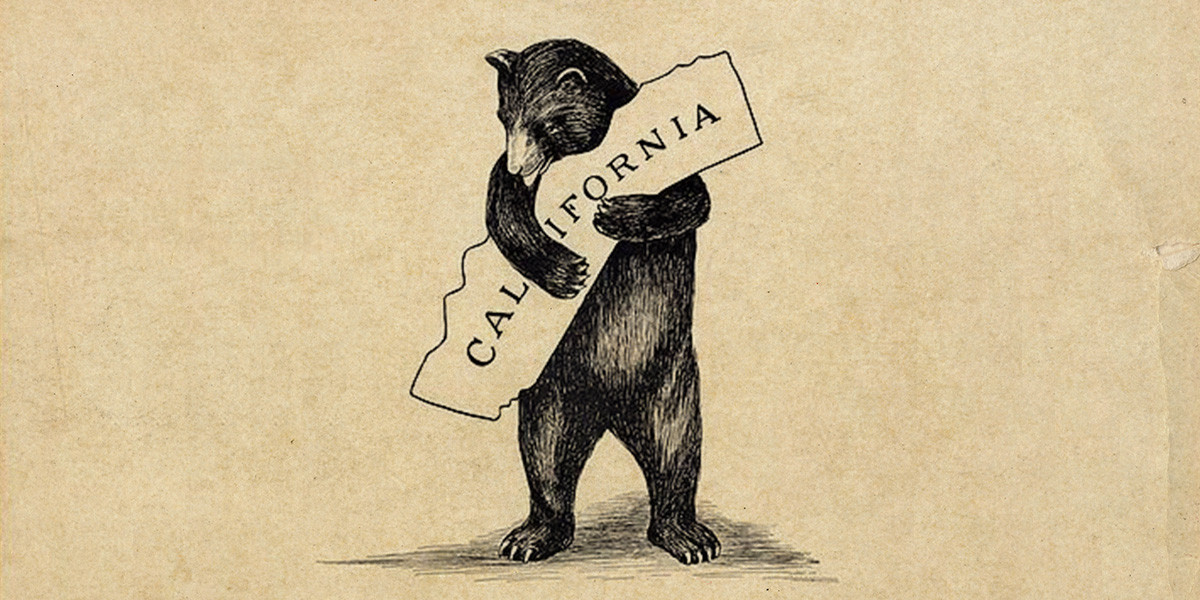Of the many principles EFF fights for in consumer data privacy legislation, one of the most basic is a right to access the data companies have about you. It’s only fair. So many companies collect information about us without our knowledge or consent. We at least should have a way to find out what they purport to know about our lives.
Yet a recent paper from researchers at the University of Californian-Irvine found that, of 543 data brokers in California’s data broker registry at time of publishing, 43 percent failed to even respond to requests to access data.
43 percent of registered data brokers in California failed to even respond to requests to access data, one study shows.
Let’s stop there for a second. That’s more than four in ten companies from an industry that makes its money from collecting and selling our personal information, ignoring one of our most basic rights under the California Consumer Privacy Act: the right to know what information companies have about us.
Such failures violate the law. If this happens to you, you should file a complaint with the California Privacy Protection Agency (CPPA) and the California Attorney General's Office.
This is particularly galling because it’s not easy to file a request in the first place. As these researchers pointed out, there is no streamlined process for these time-consuming requests. People often won’t have the time or energy to see them through. Yet when someone does make the effort to file a request, some companies still feel just fine ignoring the law and their customers completely.
Four in ten data brokers are leaving requesters on read, in violation of the law and our privacy rights. That’s not a passing grade in anyone’s book.
Without consequences to back up our rights, as this research illustrates, many companies will bank on not getting caught, or factor weak slaps on the wrist into the cost of doing business.
This is why EFF fights for bills that have teeth. For example, we demand that people have the right to sue for privacy violations themselves—what’s known as a private right of action. Companies hate this form of enforcement, because it can cost them real money when they flout the law.
When the CCPA started out as a ballot initiative, it had a private right of action, including to enforce access requests. But when the legislature enacted the CCPA (in exchange for the initiative’s proponents removing it from the ballot), corporate interests killed the private right of action in negotiations.
We encourage the California Privacy Protection Agency and the California Attorney General’s Office, which both have the authority to bring these companies to task under the CCPA, to look into these findings. Moving forward, we all have to continue to fight for better laws, to strengthen existing laws, and call on states to enforce the laws on their books to respect everyone’s privacy. Data brokers must face real consequences for brazenly flouting our privacy rights.











